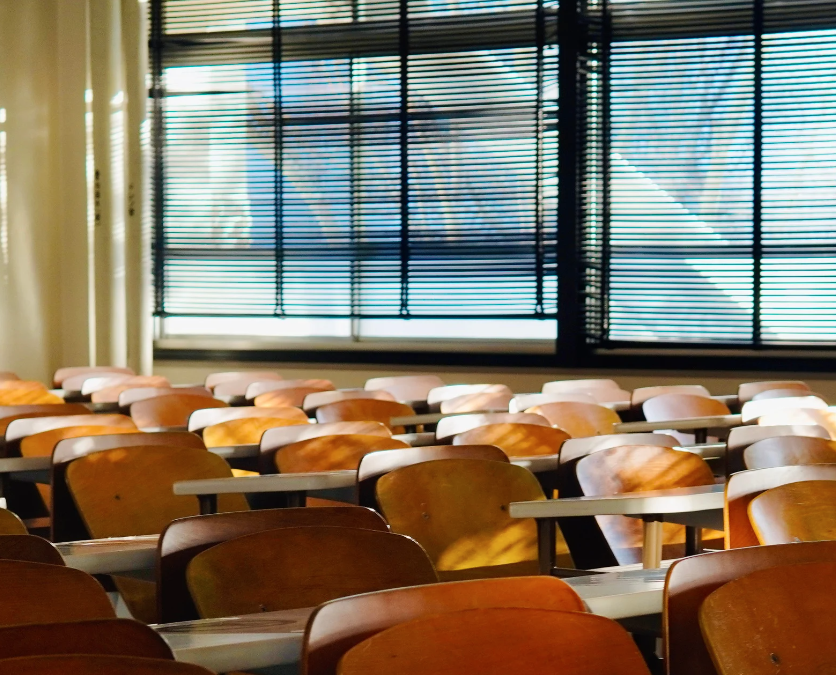On December 8, 2023, the Circuit Court of Saint Louis County issued a partially favorable ruling in Kennedy Hunt P.C.’s case against the Special School District of St. Louis County, Missouri, and Great Circle.
The lawsuit alleges Great Circle, a private school for individuals with disabilities, and the Special School District of St. Louis County, Missouri discriminated against and retaliated against our client – a former student – because of her disabilities. The lawsuit alleges the Special School District of St. Louis County’s programming discriminates against students based on the severity and type of their disability. Because of these discriminatory actions – the lawsuit claims our client spent months out of school, and her family was isolated at home without support for months.
This is a noteworthy decision as it is one of the first challenges in Missouri since the United States Supreme Court holding earlier this year changed the law on the exhaustion of remedies in Perez v. Sturgis, 598 U.S. 142 (2023).
The Special School District filed a motion to dismiss the Missouri Human Rights Act claims against them, arguing that Plaintiffs failed to exhaust their remedies under the Individuals with Disabilities Act and that Plaintiff M.T. is not disabled under the Missouri Human Rights Act. The Court denied Special School District’s Motion to Dismiss based on the exhaustion remedies, following the Perez decision.
Per the order:
The United States Supreme Court’s holding in Perez v. Sturgis changed the law on the issue of exhaustion of remedies. Powell v. Sch. Bd. of Volusia Cnty., Fla., No. 22-14083, 2, 2023 WL 7481425 (11th Cir. Nov. 13, 2023). The Sturgis Court very clearly held that a plaintiff need not exhaust the IDEA’s administrative processes if the remedy sought is not supplied by the IDEA. Luna Perez v. Sturgis Pub. Sch., 598 U.S. 142, 150 (2023). In their Second Amended Petition, Plaintiffs seek only compensatory damages. The IDEA does not provide for compensatory damages. Id. at 148. Therefore, Plaintiffs were not required to exhaust their remedies under the IDEA.
The Court also agreed that Plaintiffs have sufficiently alleged M.T. suffers from conditions affecting one or more major life activities. Further, Plaintiffs allege M.T. could access SSD’s services with accommodation, because she had done so before the removal of accommodations. Plaintiffs also sufficiently plead that SSD discriminated against M.T. due to her disability.
Great Circle also filed a motion to dismiss, alleging that Great Circle is not a place of public accommodation under the Missouri Human Rights Act. The Court disagreed and denied Great Circle’s Motion:
Affording Plaintiffs all reasonable inferences from their pleading, GC is a private school serving a subset of the general public. Even though GC serves only disabled students, it does not maintain the type of “special relationship” with its patrons to exclude it as a “place of public accommodation” under the MHRA. State ex. rel. Wash. Univ. v. Richardson, 396 S.W.3d 387, 396 (Mo. Ct. App. W.D. 2013).
The Court did grant Great Circle’s argument to dismiss the common law claims, based on preemption under the Missouri Human Rights Act.
Based on the Court’s Order, Plaintiffs can continue pursuing their Missouri Human Rights Act lawsuit against Special School District and Great Circle.
Further background on the case can be found here. Our client has suffered serious mental injury and other damages as a result of the Defendants’ acts and omissions. The lawsuit seeks damages for our client and costs, expenses, and attorneys’ fees.
This case is ongoing. For more information, contact attorneys Michelle Faron, Nicole Matlock, and Sarah Jane Hunt at info@kennedyhuntlaw.com. If you or someone you know has been a victim of discrimination, our skilled attorneys at Kennedy Hunt, P.C. may be able to help you. Fill out a questionnaire so we can understand your claim.

